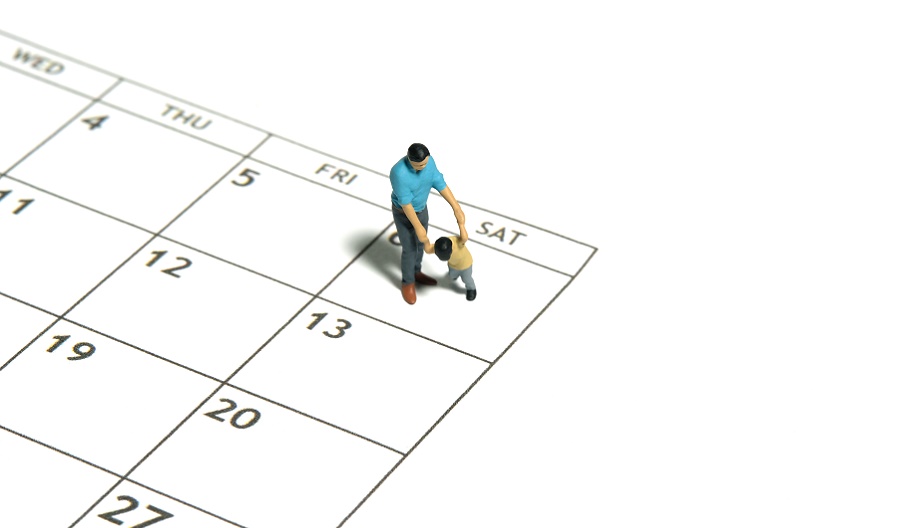What is a Child Arrangement Order?
If you separate or divorce from your child(ren)’s other parent, you don’t need to go to Court to formalise a child arrangement order to agree where the child(ren) will live, how often they will see each parent, when/how other types of contact take place e.g., phone calls. If parents can agree on arrangements for their child(ren) between themselves the Court doesn’t want to get involved unless they absolutely have to – this is something called the “no order principle”.
Provided both parents have parental responsibility, they both have an equal say in all of the important decisions. It is extremely important that the parents keep their focus on their child(ren) and what is going to work best for them, considering their ages, interests, activities etc.
When deciding how much time the children will spend with each of their parents, there is no standard agreement, and arrangements normally evolve over time depending on the changing needs of the child(ren).
There are tools available online that may assist separating parents with discussing the arrangements for the children such as the Cafcass parenting plan and/or using a parenting app. Another option available to parents is solicitor-led negotiations, which allows parents to have legal advice as to what the Court might order without being in actual Court proceedings.
If you cannot reach an agreement between yourselves about child arrangements however, then mediation is now a compulsory step before Court proceedings can be issued, save in exceptional circumstances such as where there has been domestic abuse or serious safeguarding concerns.
Mediation is a forum where both parents can voice their concerns and be heard. The mediator will not impose an agreement on you and is instead there to ensure that your conversations remain on track, whilst providing both parents with guidance. If an agreement cannot be reached, or if mediation breaks down, the mediator will provide a form confirming that mediation has been attempted which needs to be shown to the Court when proceedings are issued.
Child Arrangements Order
If Court proceedings are necessary, then the Court will consider what is in the children’s best interests– both parents will be given the opportunity to put forward their proposal for arrangements.
The Court will ultimately make a decision at a Final Hearing if an agreement cannot be reached between the parties and issue a Child Arrangements Order which determines where a child lives and whom they spend time with until the child(ren) turns 18 years old. The terms of the order are legally binding and can be enforced against a parent who does not comply.
The Court’s decision is final and therefore a Judge may decide on an arrangement that neither party thinks is in the best interests of the child(ren), which is why it is always better for parents to try and reach an agreement themselves. The Judge will never meet the child(ren).
The Court can also issue a ‘specific issue order’ to look at a specific question about how the child is being brought up, for example, what school they go to or if they should have a religious education. You can also apply for a ‘prohibited steps order’ to stop the other parent from taking certain types of action relating to your child’s upbringing e.g., changing a child’s surname; or taking a child out of the country on holiday or permanently.
Court proceedings can be costly and time consuming and it is for this reason that parents are encouraged to try to resolve matters themselves and to only use the Court process as a last resort.
How we can help
If you would like assistance using solicitor-led negotiations, have any questions about whether Court proceedings are necessary or are considering making an application to the Court, then please contact our Divorce & Family team at our Lower Earley office on T: 0118 975 6622 or Henley office on T: 01491 570 900.









